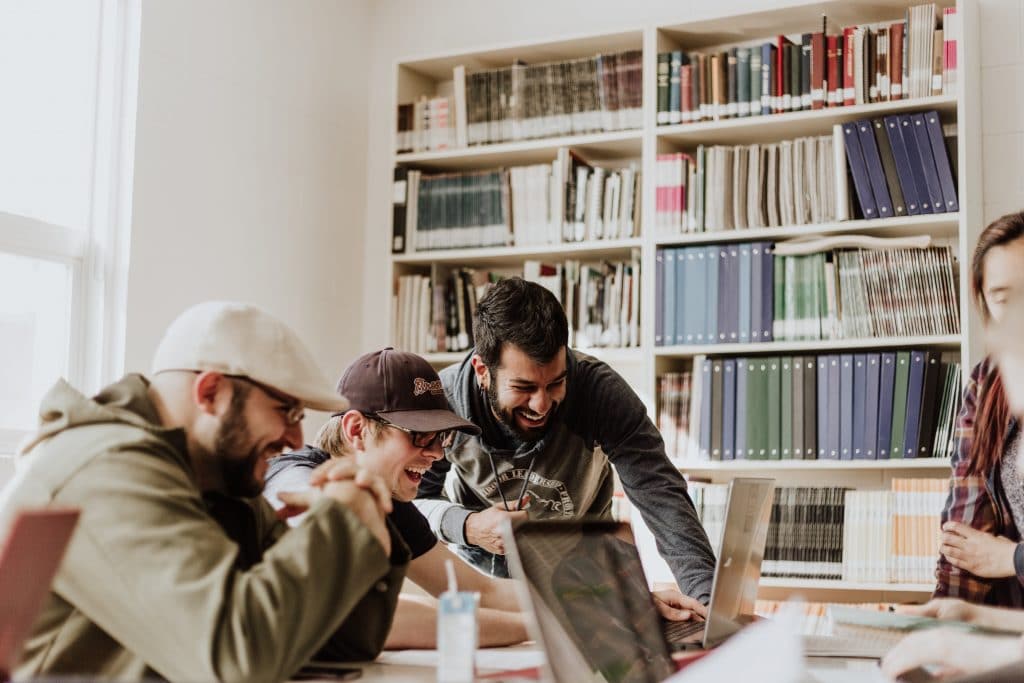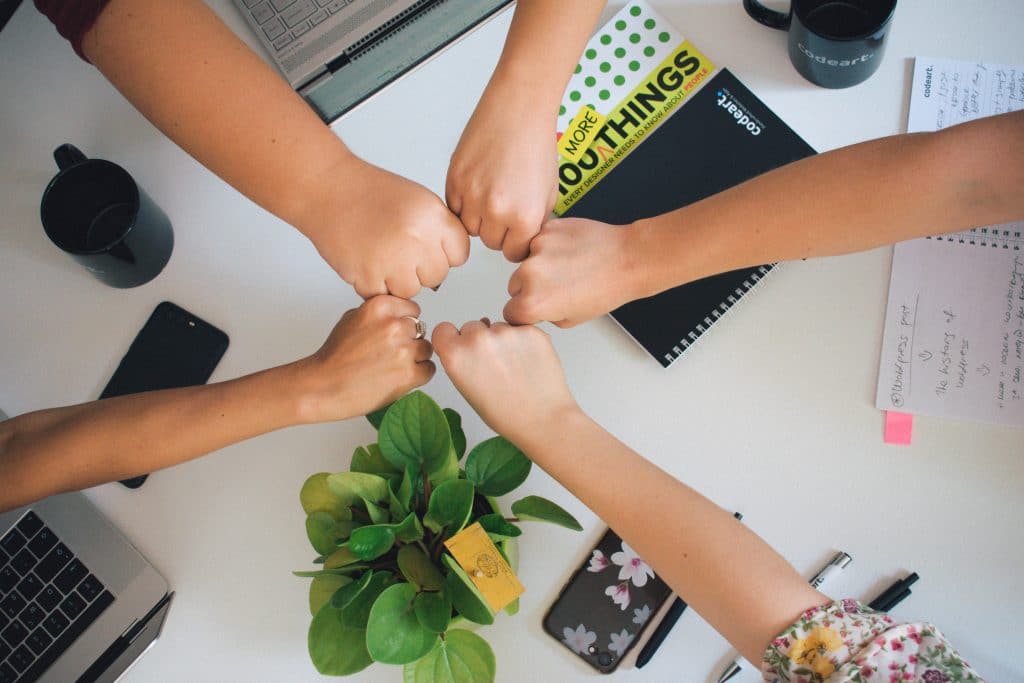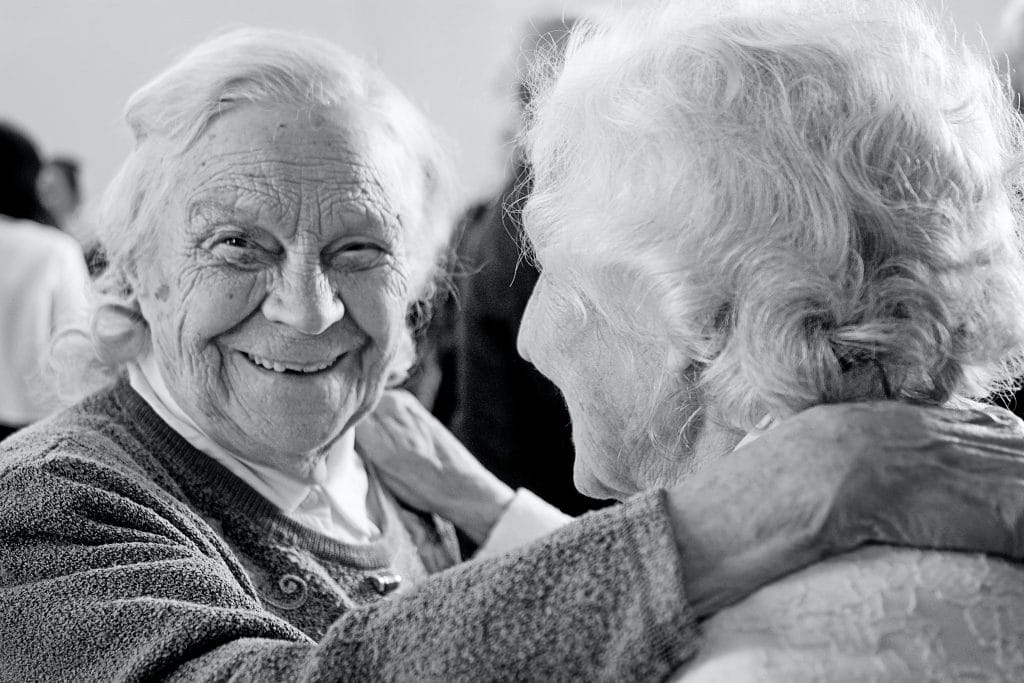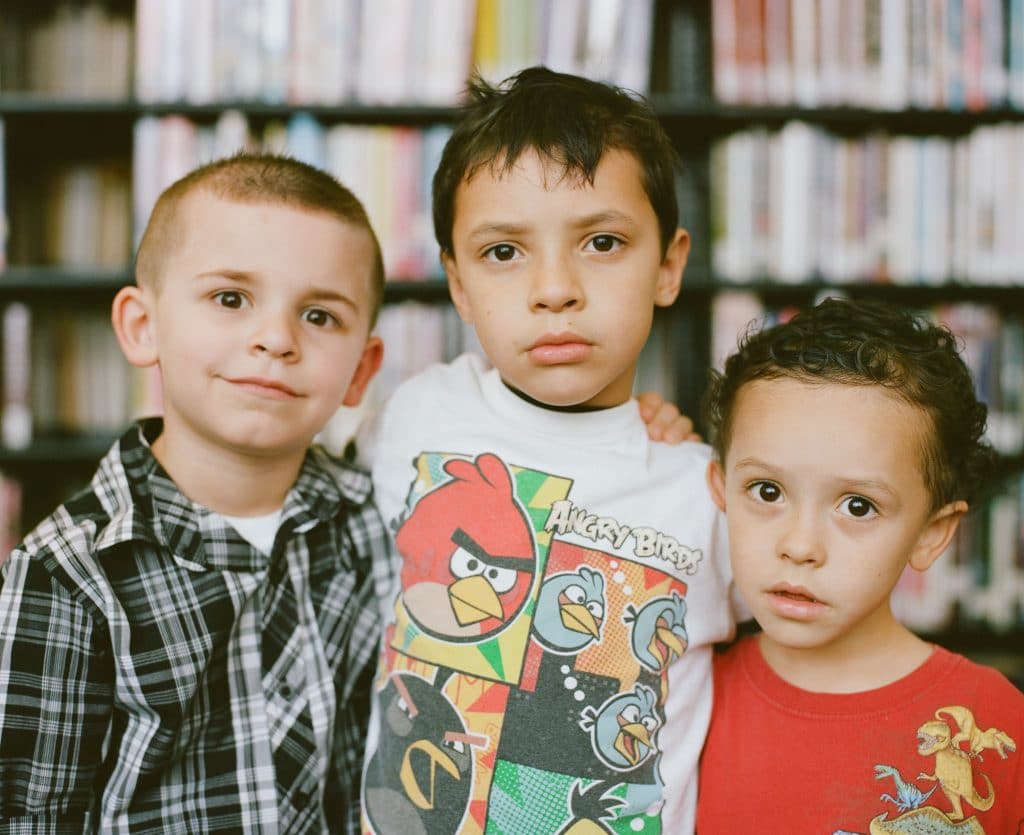Books? It’s true that if you mention ‘library’, even today most people first think of a place with a lot of books. But there are libraries that don’t have any books. One of my favourites is DoSpace, which describes itself as ‘technology library’, and of course digital access to public library services everywhere continues to grow, not least because of the ongoing Covid-19 pandemic. So in theory you can have a library with no books.
Technology? In last month’s blog I looked at the debate around the question “Do continuing, rapid advances in new technology signal the end of libraries?”, to which the general conclusion is ‘No’, rather that libraries can and should adapt and make innovative use of technology. But there are still examples of libraries that make no use of information technology.There are also, of course, libraries of pictures and photographs, and music or film libraries (though I guess those do depend on technology), and museums are arguably libraries of objects. So, fair enough, you can’t really have a library without a collection of some sort, and I’ll return to that theme at the end of this blog.

However, I would like to suggest that libraries are first and foremost about people. Libraries seek to inspire people, to share knowledge with people, to enrich the lives of people and, not least, to bring people together. A library without people is just a warehouse.
I was reminded this week of an article from a couple of years ago that really focuses on this. Palaces for the people: why libraries are more than just books looks at East New York, a ‘socially isolated’ area where people have daily to deal with multiple problems, but “many residents who might otherwise stay home alone will gather at the neighborhood’s most heavily used public amenity: the New Lots branch library”. In this excellent article Eric Klinenberg makes the point that “Libraries are not the kinds of institutions that most social scientists, policymakers, and community leaders usually bring up when they discuss social capital and how to build it” … but that … “libraries offer something for everyone, whether they’re a citizen, a permanent resident, or even a convicted felon”. UK local authority policy makers, are you listening? Are you missing an opportunity here?

This theme follows through in Creating Space for Kindness. An experiment with public libraries in Scotland by Dr Jenny Peachey and Ben Thurman, which is available to download free from Carnegie Trust and is, I dare to suggest, compulsory reading for anyone seeking to address social issues in a local authority area. Its key proposition is that “Small-scale ‘kindness initiatives’, delivered by local libraries can play a role in helping to improve wellbeing”. It describes a set of ‘kindness initiatives’ that were delivered by 10 public libraries in Scotland. It is also very current and addresses the particular issues that have come with Covid-19.

A local newspaper in Oxfordshire highlights the same opportunity in Libraries could help to tackle above average levels of loneliness and social isolation for residents of the Banbury area of Oxfordshire. The Chair of the Health Improvement Partnership Board makes it clear that loneliness is not just an issue for older people but that she “can see this is affecting people from young renters to 10-year-olds to widowers”.

A library may not be the first place you think of if someone mentions death and grief, but this is another area in which library services are seeing that they can make a positive contribution. Tickets for the afterlife is “an interactive experience developed in collaboration with Death Positive Libraries” and gives easy access to information that we shall all need one day! UK libraries become ‘death positive’ explains how the project, which started in Redbridge Library Service, “coined the phrase ‘death positive library’ to reflect its contribution to the growing social and philosophical movement that encourages people to speak openly about death and dying”, and libraries in Kirklees and Newcastle have now picked up on this.

If you’re ready now for some lighter viewing, do watch this excellent Arts Council England video Your library for help, fun and information. For anyone who thinks public libraries are dull – or perhaps hasn’t been inside one for years – this is a real eye opener to the potential of libraries and the different ways they can have a positive impact on people’s daily lives.

But now, if you’re still in doubt about whether libraries are first and foremost about people, we established earlier that you can’t really have a library without a collection of some sort. So how about a collection of people? That’s exactly what The Human Library is! Started as an initiative in 2000 in Roskilde, Denmark, the idea now operates in more than 50 other countries. The basic concept is that the ‘books’ are people, each with a particular experience of life, and the ‘readers’ the users who reserve a session with a ‘title’ in which they are interested and sit down for a conversation to learn about it first-hand. Welcome to the Human Library, the borrow-a-person project expanding across the UK explains how a couple of years ago Edinburgh “became the latest UK city to open its own Human Library Book Depot, with a growing roster of titles including ‘Victim of Abuse’, ‘Teetotal’, ‘Homeless’ and ‘Vegan’. Anyone with something to share can volunteer to be a ‘book’ in this library. You’ll get the idea and immediately see that the potential is as endless as the variety of human experience.
Geoff Allen is a senior associate consultant with Activist Group. The views expressed in this blog are his own and do not necessarily reflect the opinions of Activist.
